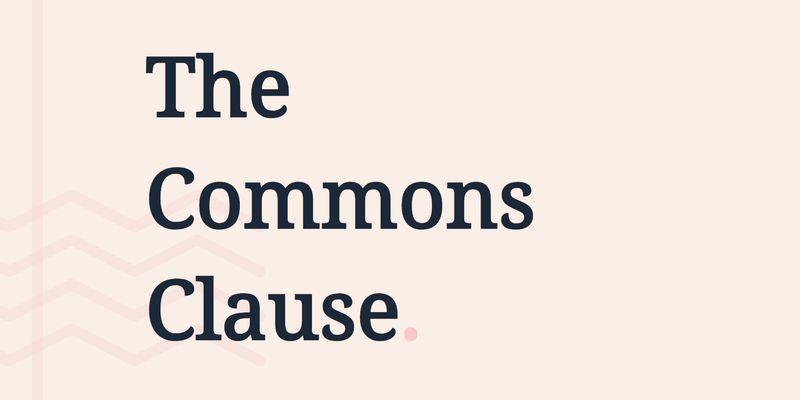Open source software powers everything we do on the Internet. Google runs on Linux servers. Content sites are served by WordPress. Our data is queued in Kafka clusters and stored in MongoDB instances.
The success of an open source project often leads to the creator of that open source software becoming wealthy. An open source project can be monetized through enterprise add-ons, or consultation, or simplified hosting. The creators of open source software know their domains so well, that they are usually well-suited to operate this kind of open source business.
Open source business model success stories include Elastic (ElasticSearch), Cloudera (Hadoop), and Red Hat.
The rise in usage of cloud providers has changed the viability of some open source business models. AWS can monetize almost any open source project more profitably than the creators. This is because AWS has established distribution channels.
If I already run my application on AWS, and I am looking for someone to provide me with a hosted version of a database, I will probably choose the hosted database that AWS provides.
The Commons Clause is a license that open source projects can use to protect their code from being profited from. Redis, an open source in-memory object storage system, recently licensed their code with the Commons Clause with the goal of improving the business of Redis Labs, a company built by the creators of the Redis project.
Kevin Wang joins the show to discuss everything open source–from business models to security vulnerabilities to licensing. Kevin is the CEO at FOSSA, a system for managing open source licensing and security. Kevin was involved in the creation of the Commons Clause and has written about it in detail.
To listen to the podcast, visit SE daily below:
Commons Clause with Kevin Wang


